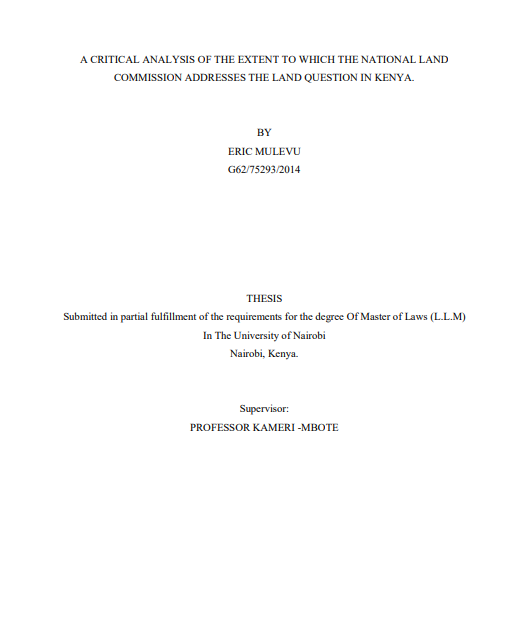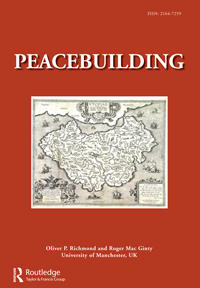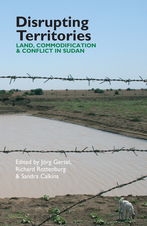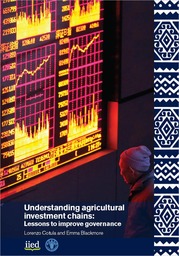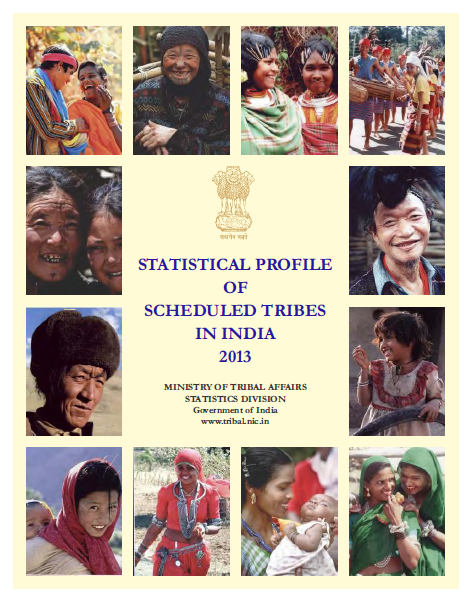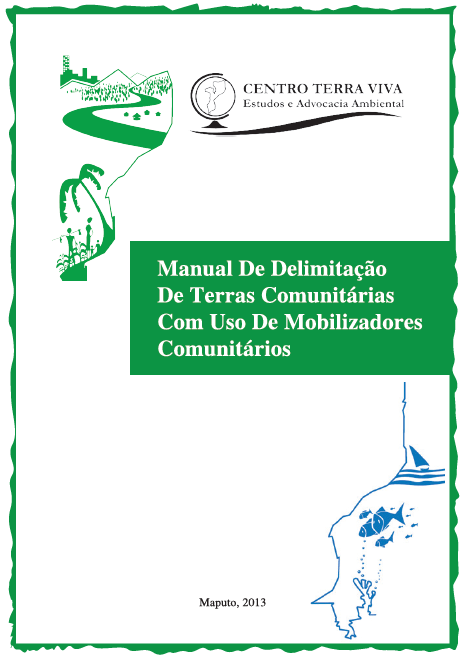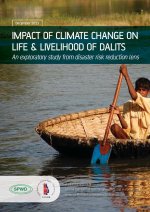A Critical Analysis of the Extent to Which the National Land Commission Addresses the Land Question in Kenya
The land question in Kenya has never been solved. Land is a pertinent source of livelihood, the problem has persisted and in a number of years caused chaos as people grow impatient. Over time, there have been complaints from various communities and recently, the past governments have sought to listen the ailing communities. The National Land Policy and the National Land Commission characterize efforts to remedy the continued situation bedeviling the African communities.

